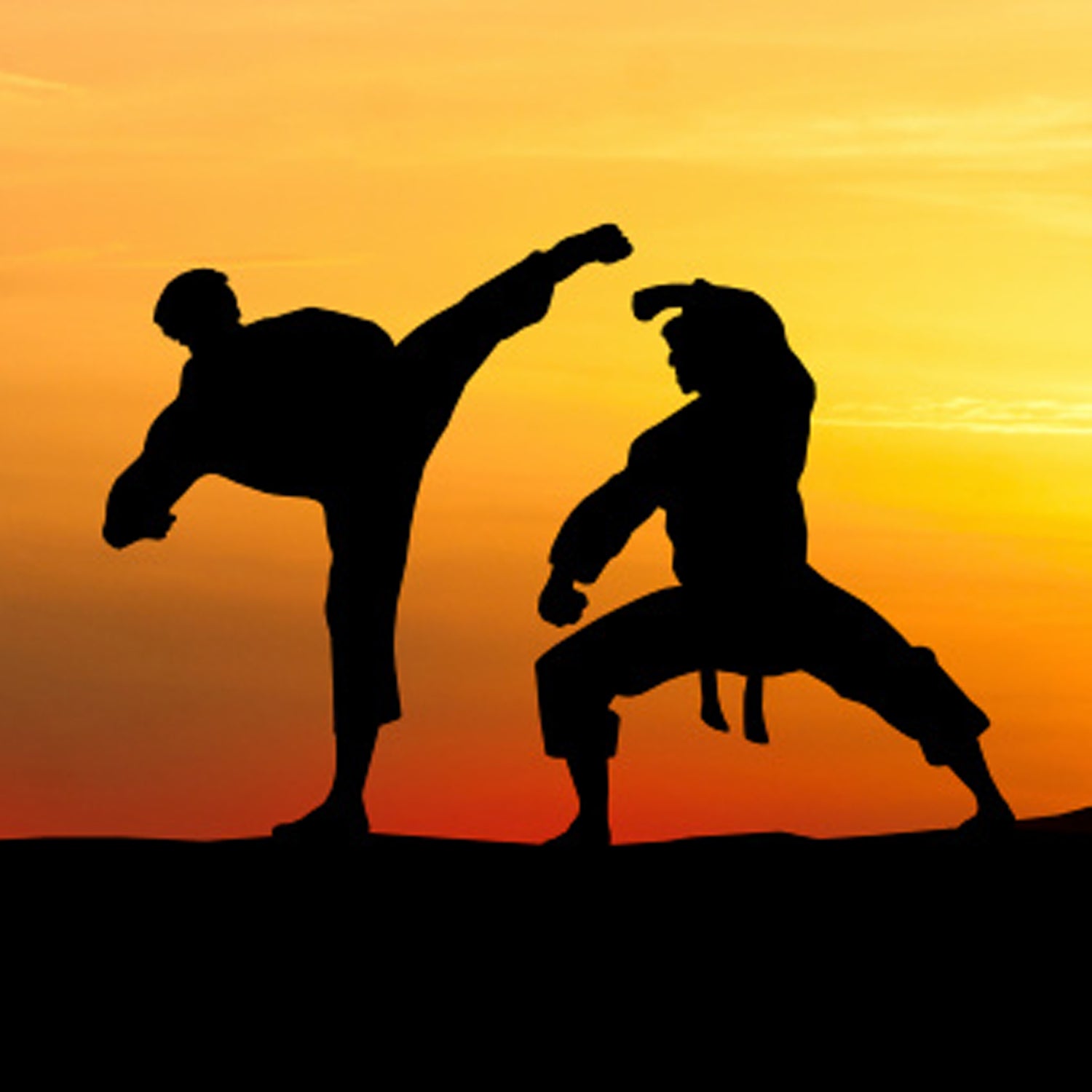With the World Cup underway, the beautiful game is first in hearts and minds. But Brazil has another signature sport: jiu-jitsu.
The martial art and self-defense method is based on grappling and ground fighting. It’s a finer art than just choking a dude out. Although hailing from Japan, the Brazilian variety of jiu-jitsu has become its own technique thanks to creative forces (famous even in the U.S. due to the line of schools here). Even newbies can belt up their gis in the sport’s homeland. “We all have a first day—even in Brazil!” says Dennis A. Asche with , a service that pairs students with the optimal school for that individual in Brazil.
Finding a good academy match requires knowing your training motivation. “Are they here to become a competitor, learn self defense, or try something new?” Asche asks. Also, those of slight build should look for instructors with small frames who have perfected skills for that weight class, vice versa for heavy weights. Aaron Sundquist, founder of and a U.S. immigrant to Brazil who has documented his own training experiences at 30 of the country’s academies, recommends taking classes in the early morning or middle afternoon, when classes are smaller and instructor attention more available.
If you’re only going to take a few classes, aim for a long weekend or three weekdays. Some academies only have on Saturday class; all are closed on Sundays. “But a couple days is enough to experience first hand the creativity, dedication, and pride Brazilians bring to the sport that, appropriately, bears their name,” says Sundquist. For those who are serious about the sport, Asche recommends spending one to three months in country.
Even if you’re just taking a class for a new experience—or a check on your bucket list—Asche says there’s much to learn about Brazilian culture on the mats, where people of all social classes, ages, and occupations are united in sweat. Sundquist says, “Jiu-Jitsu in Brazil was not imposed by a colonial power like football (soccer) in Algeria or cricket in India. Like a seed cast to the wind, jiu-jitsu found a new home all by itself in Brazil, thousands of miles from Japan. That seed was nurtured by a cast of Brazilian legends who helped make the sport what it is. …A foreigner who makes the commitment to train BJJ in Brazil has the opportunity to learn about the evolution of the sport, breathe in its history, and understand how he or she fits into that context as an athlete.”
If you’re ready to hit the mat, both Rio Jiu Jitsu Guide and Connection Rio can connect you with local academies. For schools targeted at foreigners, check out or , both of which offer accommodations and instruction in English.


